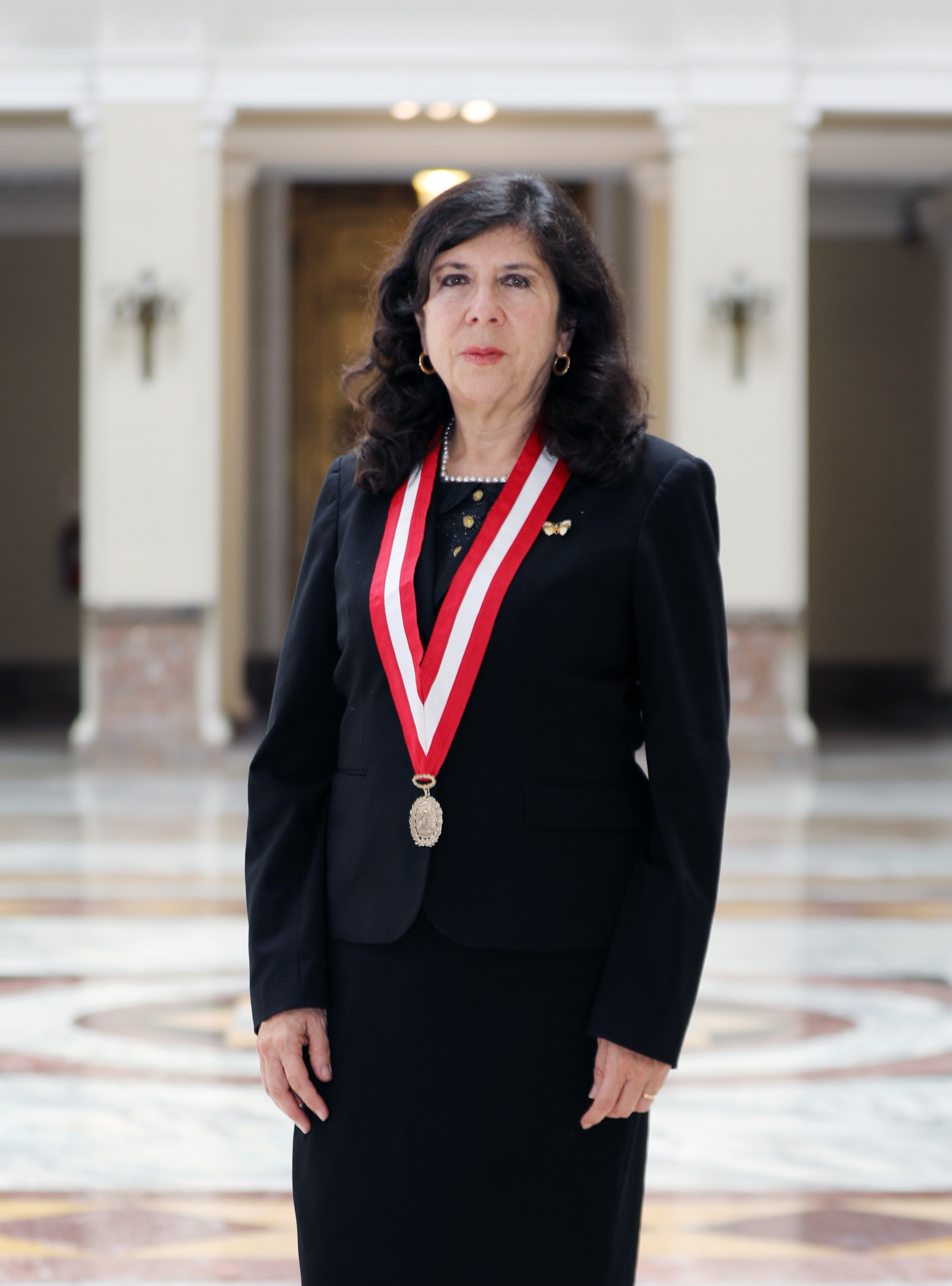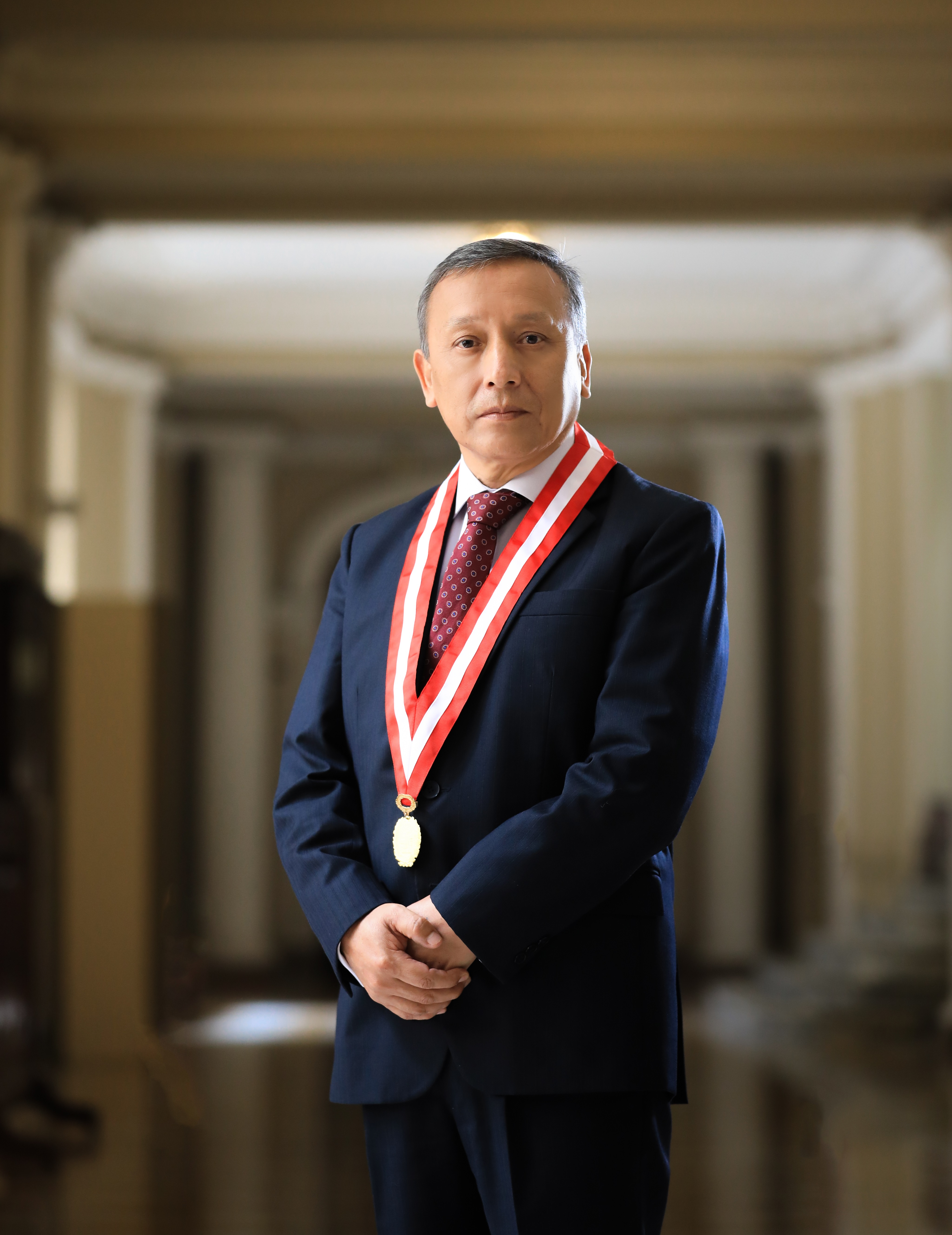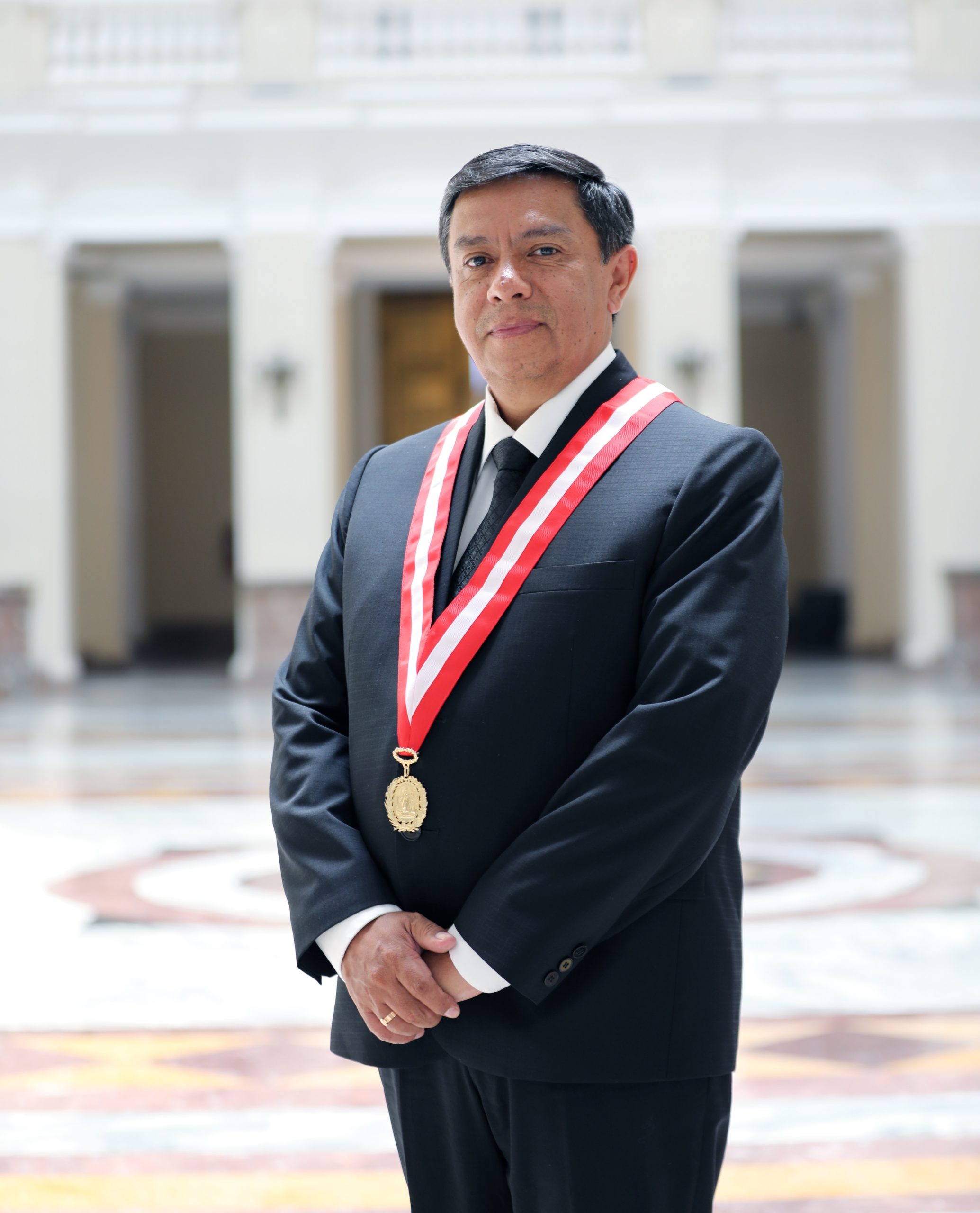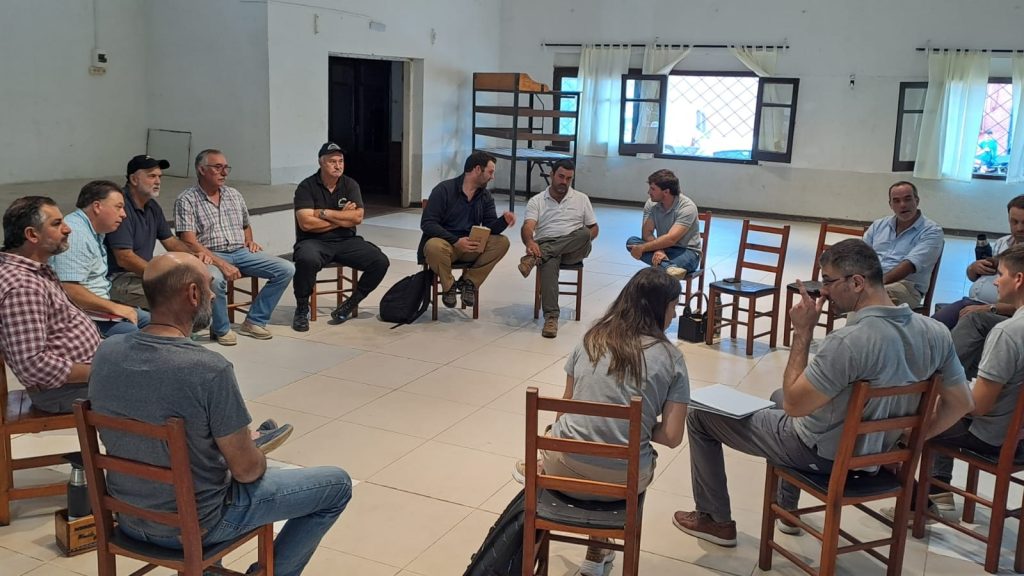The candidates for the presidency of the Supreme CourtJanet Tello Gilardi, Carlos Arias Lazarte and Manuel Luján Túpez presented their work plans in a reserved session of the Plenary Chamber of the Supreme Court.
The event, which was broadcast on the Judiciary’s web channel, Justicia TV, was attended by only the supreme judges and two assistants, as seen in the images. After the presentation, the supreme magistrates posed some questions to clarify some points of their proposals.
YOU CAN SEE:
Director of Qali Warma resigns after scandal of spoiled food and corruption of suppliers
The work plans of each of the candidates, for the period 2025-2026 were published on the website of the Judiciary.
Justice Automation
First of all he spoke judge Manuel Luján Túpezwho is a member of the Permanent Criminal Chamber of the Supreme Court of Justice, presides over the Academy of Judiciary and is the national coordinator of the National Subsystem Specialized in Asset Forfeiture.
Luján Túpez stated that to reduce the procedural burden, Artificial Intelligence (AI) should be used, which would be in charge of the administrative part of the process, from the admission of a claim, then based on jurisprudence and plenary agreements, it would project a resolution. . Next, if the judge agrees, he signs and returns the file so that the AI can notify and execute the verdict.
YOU CAN SEE:
REINFO: the debate on extending the deadline in the Energy and Mines Commission is stuck
“For more than two decades the PJ has lived under the onslaught of political criteria. We cannot continue being like this. One of the most important values and the most fundamental right that every Peruvian has is effective jurisdictional protection. Justice cannot be to the vagaries of the wants of each other. I propose a social pact, not an agreement only of elites, but a pact that brings together the institutions, the main leaders and the citizens, all of them,” said Luján. Tupez.
End the distortion of the third judicial instance

Then, the judge spoke. Janet Tello Gilardiwho presides over the First Chamber of Constitutional and Social Law of the Supreme Court of Justice and, in addition, directs the Permanent Commission on Access to Justice for People in Conditions of Vulnerability and Justice in your Community.
Among other aspects, Tello proposed attacking the problem of the distortion of the Supreme Court as a third judicial instance, which affects its cassation function by increasing the procedural burden and provisional nature, by having to create more transitional chambers to resolve all cases.
YOU CAN SEE:
Congressman used AI during intervention in Budget Committee debate
In addition, it combats corruption and slowness in the resolution of processes, since this is taken advantage of by external powers to propose a reform that does not take into account that the Judiciary is constantly improving.
He noted the need to take stock of the technological changes that had to be implemented with Covid 19 to make the necessary improvements and enhance their use. Likewise, he pointed out a lack of protection for judges when they are the subject of unfounded complaints or demands that affect honor and privacy.
Leave the reactive attitude to a proactive one in legislative work

Thirdly, the judge presented his government plan Carlos Arias Lazartewho presides over the Transitory Civil Chamber of the Supreme Court of Justice, and, simultaneously, leads the Intercultural Justice Commission of the Judiciary.
Arias pointed out the need for the Executive Council of the Judiciary to assume a more active role in solving judicial problems. Meanwhile, the presidency and the Plenary Chamber go from having a reactive attitude of criticism to a proactive one in the formulation of the bills required by the judicial system.
YOU CAN SEE:
Dina Boluarte’s eldest son takes office as Peruvian diplomat at the UN in New York
He emphasized that the Judiciary should establish an enforcement officer who indicates to the population and the State which public entity fails to comply with a judicial ruling, instead of issuing execution rulings on a case-by-case basis, as is done in France, Colombia or Spain. “If we manage to remove the execution work from the jurisdictional bodies, each one would have 50% less burden and it would give them more time to issue quality sentences and the population would know who fails to comply with the sentences,” he emphasized.
election day
On the first Thursday of December, the Plenary Chamber of the Supreme Court, made up of 18 supreme judges, will meet to elect a new president of the PJ. Although three supreme judges have presented their candidacies, that does not prevent another from filing his candidacy at the last minute.















